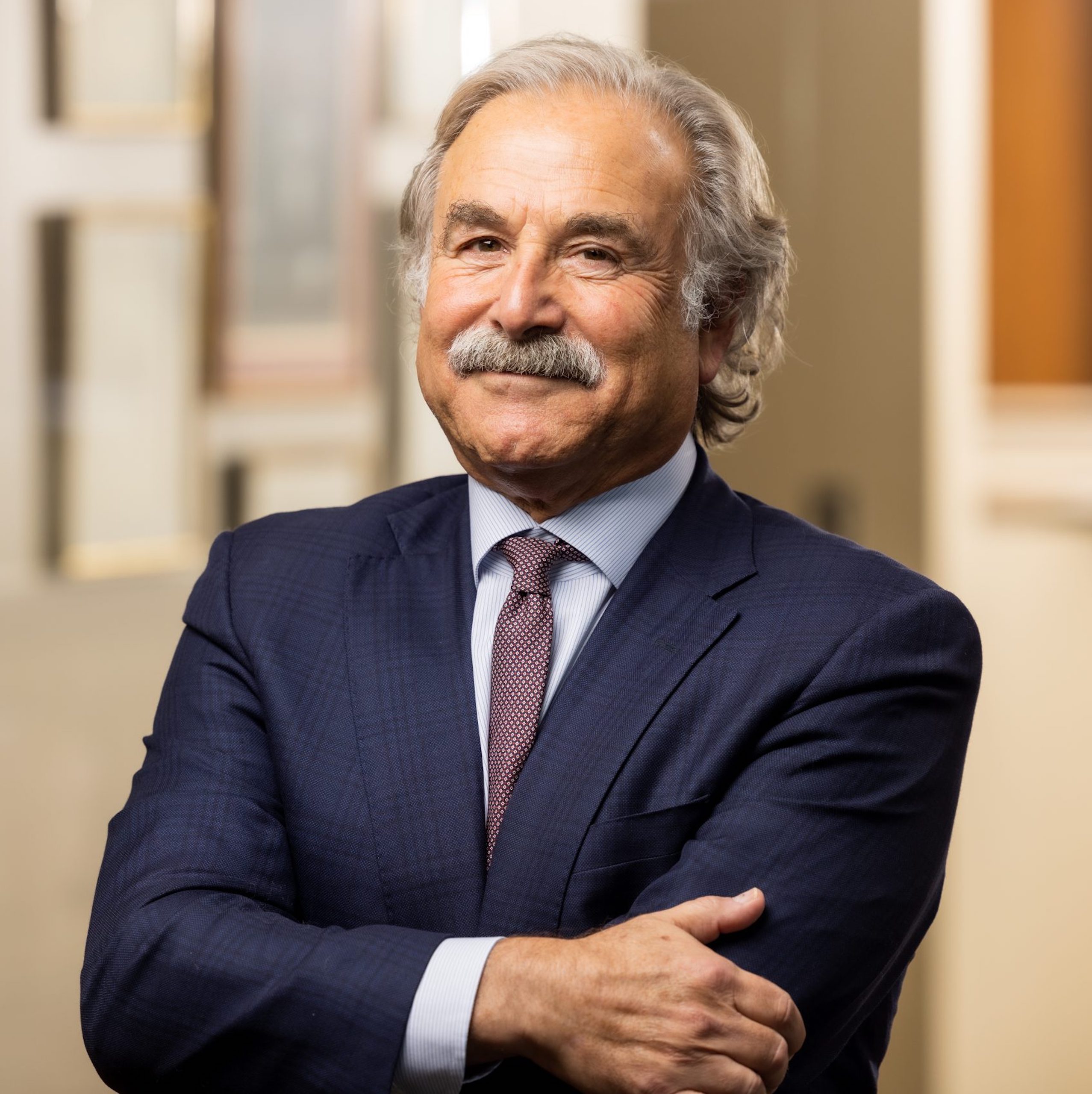What You Need to Know About Surgical Never Events
Jeffrey Breit—May 29, 2018
Never events are a kind of medical mistake that should never happen. When they concern surgeries, these events are usually serious, mostly preventable, and of concern to the public and healthcare providers for the purpose of accountability.
An example of a surgical never event would be leaving a foreign object in a patient, which can happen as many as 1,500 times each year in the United States according to a 2012 study. The never event was first introduced in 2001 by Dr. Ken Kizer in reference to egregious medical errors. Other errors can include performing surgery on the wrong body part, operating on the wrong patient, performing the wrong surgery on a patient, and intraoperative or immediately postoperative/postprocedure death.
Doctors who commit acts of gross negligence often need to compensate patients or their families for surgical never events. Between 1990 and 2010, malpractice payments for these errors reached more than $1.3 billion. These payments do more than just aim to punish the physician at fault; they are intended to compensate people for additional inpatient and disability care, lost work days, and the loss of a loved one.
On the national and local levels, programs have been created to help eliminate surgical never events. Hospitals have implemented briefings, checklists, and root-cause analysis of adverse events. They have even added institutional safety training programs for hospital staff.
By Jeffrey Breit
Partner
Jeffrey Breit is driven to be the best in personal injury legal representation and has had far-reaching accomplishments that will be felt for years to come. Throughout a successful career as a personal injury lawyer in Virginia Beach and the larger state of Virginia, Jeffrey Breit has continued to work hard to improve the reputation of attorneys representing injured people, as well as training the next generation of trial lawyers.
Categories:
Office Locations
Related Posts
Categories
We are personal injury attorneys
Fill out our contact form to speak to our experienced Virginia trial attorneys. Breit Biniazan has helped recover millions of dollars in cases. Learn how we can help you today.
